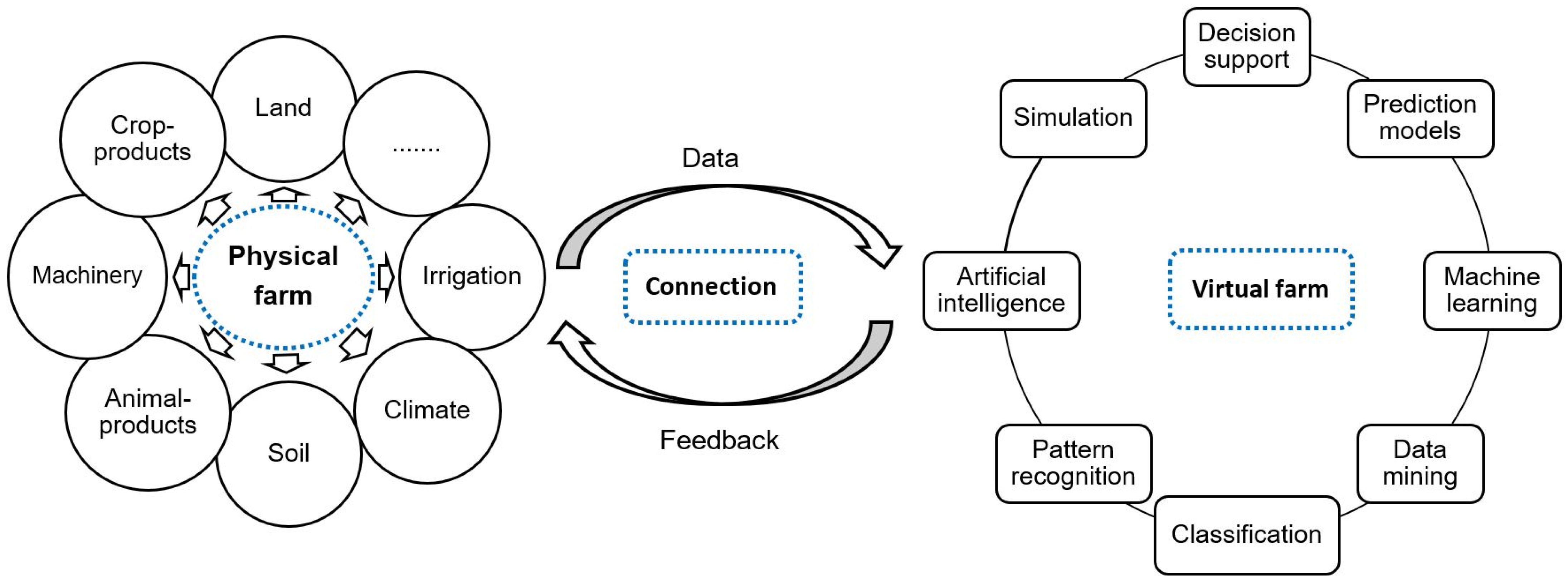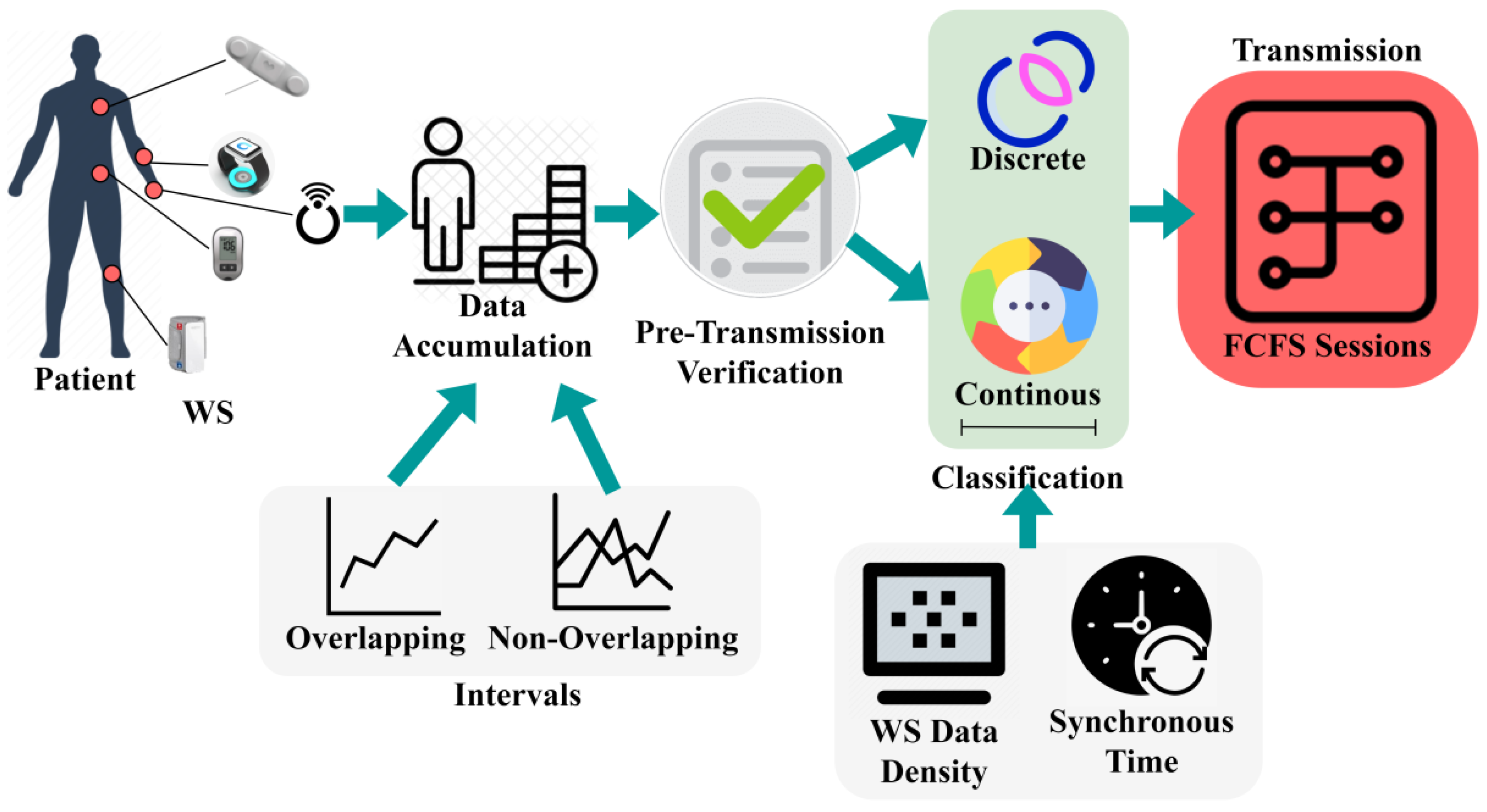What is Data Fusion?
Data fusion is all about combining different sources of data to get a more accurate and comprehensive understanding of something.

It's like blending different flavors to make a tastier dish. By merging data from various sensors, databases, or technologies, you can uncover insights that you wouldn't get from just one source alone.
Importance of Data Fusion in Various Industries
The importance of data fusion is vast and shown below as such:
Healthcare

In healthcare, data fusion is like having multiple doctors collaborate on a diagnosis.
It brings together patient records, lab results, imaging scans, and more to help doctors make better-informed decisions about treatment. It's like connecting the dots to see the bigger picture of a patient's health.
Finance
In the world of finance, data fusion is like having a crystal ball for predicting market trends.
By blending data from stock prices, economic indicators, and social media chatter, analysts can make smarter investment decisions.
Agriculture

Out in the fields, data fusion is like having a super-powered farmer's instinct.
By combining data from soil sensors, weather forecasts, and crop growth patterns, farmers can optimize their planting, irrigation, and harvesting strategies.
Transportation
On the roads, data fusion is like having a personal traffic assistant.
By merging data from GPS systems, traffic cameras, and vehicle sensors, transportation planners can ease congestion and improve safety. It's like having a map that not only shows you where to go but also how to avoid traffic jams along the way.
Environmental Monitoring

In the great outdoors, data fusion is like having a guardian for Mother Nature.
By combining data from satellite imagery, ground sensors, and weather stations, scientists can track changes in ecosystems and predict natural disasters.
Types of Data in Data Fusion

There are different types of data in data fusion like:
Image Data
Image data is like flipping through a photo album, except it's filled with pixels instead of printed pictures. Cameras capture these images, which can range from snapshots of everyday scenes to detailed medical scans.
Picture a security camera keeping watch over a building, snapping photos of anyone who comes and goes. By analyzing these images, security teams can spot potential threats or identify suspicious activity.
In healthcare, medical imaging techniques like X-rays and MRIs produce detailed images of the body's inner workings, helping doctors diagnose conditions and plan treatments.
Suggested Reading:
How does Image Processing Work?
Sensor Data

Sensor data is like having little detectives gathering information all around us. These sensors can be anything from temperature gauges to motion detectors, sniffing out data points wherever they're placed.
Think of a weather station collecting data on temperature, humidity, and wind speed. Each sensor provides a piece of the weather puzzle, helping meteorologists forecast the conditions ahead.
In industries like manufacturing or healthcare, sensors can monitor equipment performance or patient vital signs, alerting us to any anomalies or issues.
Textual Data
Textual data is like diving into a sea of words, where every sentence holds a treasure trove of information. This type of data includes everything from emails and social media posts to news articles and research papers.
Imagine a team of researchers combing through scientific papers to uncover trends in their field.
By analyzing the text, they can identify common themes, key findings, and areas for further study. In customer service, chatbots use textual data to understand and respond to customer inquiries, providing quick and accurate assistance without the need for human intervention.
Advanced Types of Data Fusion
In this section, you’ll find two key types of data fusion.
Cognitive Data Fusion
Cognitive Data Fusion refers to the integration of data from multiple sources using cognitive systems that mimic human thought processes.
These systems leverage artificial intelligence (AI) and machine learning (ML) to analyze, interpret, and synthesize information, enabling more accurate and timely decision-making.
Cognitive data fusion involves several key steps: data acquisition, preprocessing, feature extraction, and decision fusion. The cognitive aspect introduces adaptive learning capabilities, allowing the system to improve its performance over time.
For instance, in surveillance applications, cognitive data fusion can enhance target recognition by learning from historical data and adjusting algorithms based on new information.
This approach not only reduces uncertainty but also provides a more comprehensive understanding of complex situations.
Moreover, cognitive data fusion systems can handle diverse data types, such as text, images, and sensor data, making them versatile across various domains, including healthcare, defense, and smart cities.
The integration of cognitive computing with data fusion technologies promises to revolutionize data analysis by providing more intelligent, efficient, and autonomous systems.
Asian Fusion in Data Fusion
Asian Fusion in Data Fusion represents the synthesis of data fusion methodologies influenced by principles and techniques prevalent in Asian technological advancements.
This approach emphasizes a holistic view, incorporating diverse data sources and emphasizing the harmonious integration of information to achieve a comprehensive understanding.
In many Asian cultures, there is a strong emphasis on balance, harmony, and interconnectedness, which can be reflected in data fusion processes.
Asian fusion in data fusion often involves integrating data from disparate sources such as social media, IoT devices, traditional databases, and real-time sensors, aiming to create a cohesive and unified dataset.
For instance, in smart city projects across Asia, data fusion techniques are employed to integrate traffic data, environmental sensors, and social media feeds to optimize urban planning and enhance citizen services. This method leverages both advanced algorithms and cultural insights.
Thus promoting a synergistic approach to problem-solving. Additionally, Asian fusion in data fusion can also be seen in the collaborative efforts between academia, industry, and government sectors in Asia.
It fosters innovation and ensures that data fusion applications are tailored to address regional challenges effectively. This integrated approach underscores the potential for data fusion to drive technological progress and societal benefits in the Asian context.
Frequently Asked Questions(FAQs)
What is data fusion in the context of data analytics?
Data fusion in analytics involves integrating multiple data sources to create a more comprehensive dataset for better insights.
How does data fusion improve decision-making in businesses?
Data fusion provides a holistic view, enabling more accurate and informed decisions by leveraging diverse data.
Can data fusion be applied to real-time data processing?
Yes, data found in it is used for analyzing and acting upon real-time data streams in various applications.
What are the challenges associated with data fusion?
Challenges include data quality, alignment, scalability, and ensuring privacy during the fusion process.
How does data fusion relate to machine learning and AI?
Data fusion enhances machine learning and AI by providing richer training datasets, potentially improving model performance.
